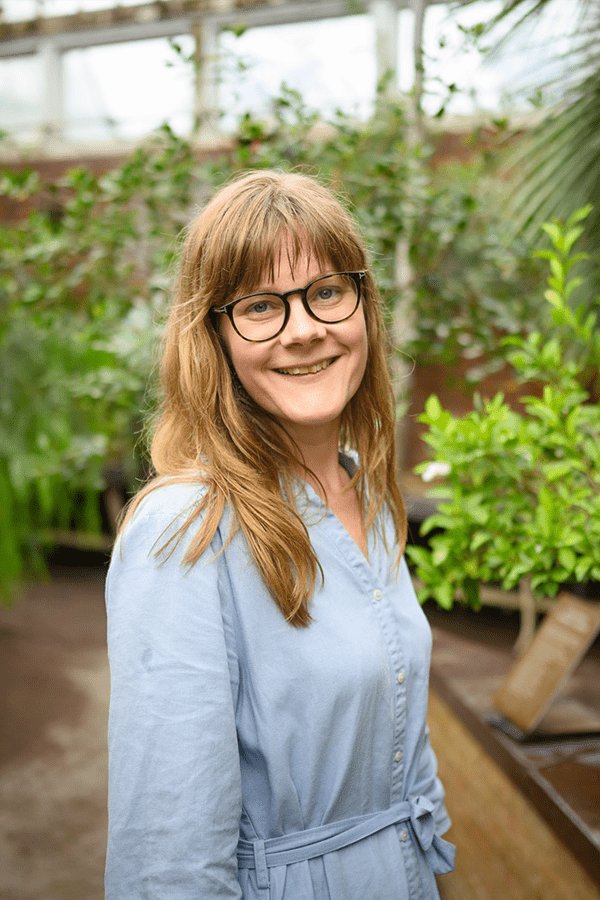Helicobacter pylori colonizes the human stomach and can cause ulcers or gastric cancer, the fourth cause of cancer death worldwide, killing almost one million people each year. However, H. pylori infection is most often asymptomatic and only a small fraction of infected individuals will develop disease from the infection. Indiscriminate eradication of H. pylori is not feasible due to the very high number of people infected, a high reinfection rate, and rapidly escalating resistance to antibiotics. Therefore, markers for identification and selective treatment of high-risk infections are urgently needed.
The genomic variability of H. pylori is very high, both in terms of mutation and recombination frequency, and in gene repertoire. Also, it has a pronounced geographic population structure resembling that of human migrations. Despite this known variability, the prevailing approach is to look only at one time point, one biopsy and one bacterial isolate per patient. The result is that our knowledge of the within-host diversity of H. pylori and the gastric microbiota is very limited, which leads to major uncertainties in attempts to link bacterial features to disease risk. In other bacterial infections and for other parts of the human microbiota, this has been better explored, and extensive heterogeneity and niche-specific evolution have been observed. Another weakness of most genomic studies is the focus on the core genome, i.e., genes present in all genomes analysed. This ignores around 1/3 of the genes in each genome, for example many of the main genes involved in bacterial virulence.

Our group brings together expertise in experimental microbiology, bacterial comparative genomics, bioinformatics, and computer science. We also leverage on large national and international collaborations, as well as access to unique genome datasets, bacterial isolates, and gastrointestinal biopsy material. Our research aims to the understanding of factors affecting bacterial transmission, persistence, and virulence, knowledge that can be used for identifying individuals at high risk for severe disease outcomes.
Group Members
Homen Phukan, PhD, Postdoc
Stuti Jain, MSc, PhD student
Aysan Salemi, PharmD, PhD student
Akinyi Okono, MSc, Research Assistant
Malar Iyer Pallavor, MSc student
Olivia Thurén, BSc student
